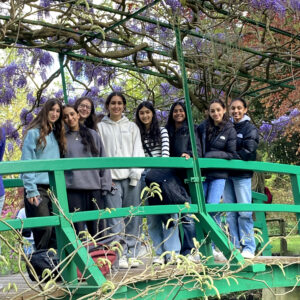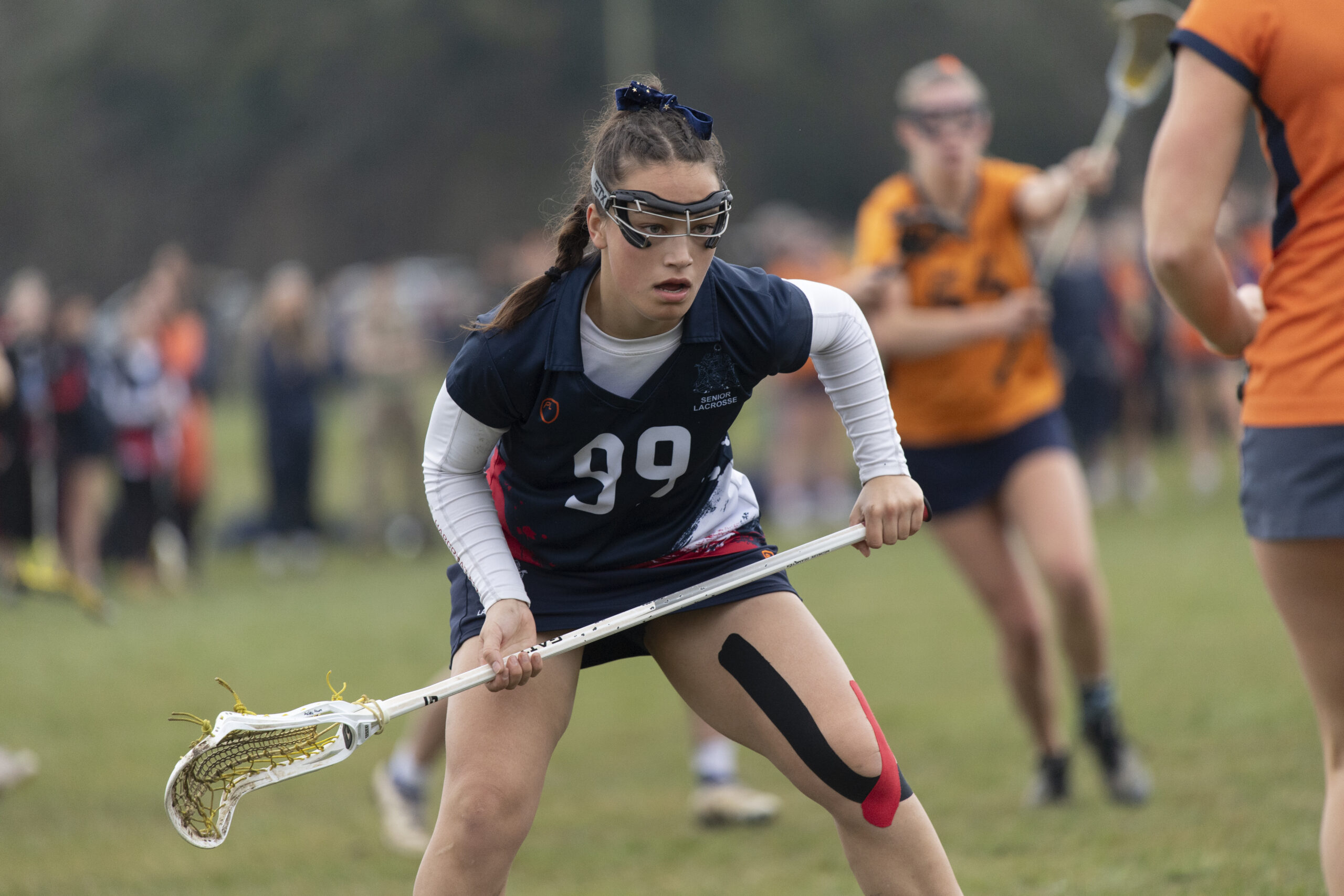In this article about the Habs Community we are shining the Spotlight on Danny Davies. As well as teaching Music, and life-saving skills (amongst other things) as Head of PSHCE, Mr Davies is also an emergency responder with the London Ambulance Service. We caught up with him to find out more.
What made you become an emergency responder and what does the role involve?
Having spent almost 17 years working as a volunteer police officer, I decided a few years ago that it was time for a change. I have always had this drive to do something different in my spare time, and so a few years on from hanging up my beat helmet, I decided to explore other areas within the emergency services that I may be able to contribute towards. I see working for the emergency services as a privilege and honour: you are charged with the responsibility of stepping into people’s lives often when they are at their most vulnerable and frequently without invitation (especially as a police officer), so to do so comes with significant responsibility and upmost respect for those whom you are supporting. As someone who has taught first aid for decades, I felt that maybe utilising my experience as a front line police officer with some knowledge in basic clinical skills could be helpful in some way, which led me to discover the Emergency Responder scheme run by the London Ambulance Service LAS). This scheme engages around 150 volunteers (including a number of police officers, medics and student doctors) who are all trained by the London Ambulance Service to deliver emergency care and treatment. Emergency Responders are dispatched in emergency ‘blue light’ ambulance cars ahead of the regular larger ambulances in response to 999 calls received by the service and, on arrival at the patient’s location, offer emergency treatment and care.
WHAT ARE SOME OF THE CHALLENGES YOU FACE IN THE ROLE?
Working for an emergency service can be very stressful; expectations from members of the public are very high in terms of our response time and ability to resolve the situation quickly and positively. Naturally, whilst we always try our upmost to respond as quickly as possible and provide the best level of care within our skillset, there are factors that may impact on the outcome of the patient – everything from the underlying health condition in question to the demands on the service. Working during COVID-19 has obviously had some impact on our response times and so it has been extremely rewarding to know that the Emergency Responder scheme has contributed towards reducing the impact of the pandemic.
Sadly, as may be expected, there are some situations where we attend patients who, despite our best efforts, do not survive. As one can imagine, this is normally devastating to family members and friends, and may also have a longer-term impact on the Emergency Responders present. The London Ambulance Service is excellent in terms of supporting staff and looking out for the wellbeing of staff and volunteers so, despite the stressful situations we face, it is reassuring to know that there is someone to speak to either in person or at the end of a telephone.
WHAT KIND OF TRAINING DO YOU RECEIVE?
All Emergency Responders receive full training by the London Ambulance Service resulting in a “Level 3 Certificate for Ambulance Service First Responders: Co-Responder” qualification. This is followed by ‘on-the-job’ mentoring and training, along with numerous CPD training sessions. There is also the opportunity to speak to a supervisor or senior clinician at any time whilst on shift to seek clinical advice or support prior to, during, or post treatment of a patient.
HOW HAS COVID CHANGED THE WAY YOU WORK?
The impact on the emergency services during the pandemic has been reported throughout the media. In terms of day-to-day impact, the most obvious impact is the need to wear additional protective equipment to safeguard the patient, my crewmate and myself. However, during the various peaks of the pandemic, the service was under extreme demand and this had a noticeable impact on my ‘regular’ colleagues who were working above and beyond expectations to support and protect Londoners. Shifts were extremely busy, and patients and their families were of course very worried about the welfare of their family members. One of the more difficult considerations was that family members were not able to attend hospital with their loved ones due to COVID-19 restrictions, causing additional stress to the families during what was already a difficult time for many. In order to help out further, myself and a couple of colleagues received a financial donation to provide an additional four-week driver training course, which meant that we were also able to drive both cars and ambulances on ‘blue lights’, in turn enabling us to support the service to a much greater extent.
WHAT DO YOU PERSONALLY GET OUT OF BEING AN EMERGENCY RESPONDER?
Being an Emergency Responder is extremely rewarding. I am continually learning new skills and have the benefit of meeting Londoners from all walks of life and all backgrounds. London is rich with diversity and to meet such a wide range of people really opens my eyes to the world we live in and, without doubt, shapes my outlook towards community. To know that we can contribute positively to many people’s lives brings an overwhelming sense of reward.
HOW DO YOU COPE WITH THE DIFFICULT SITUATIONS?
Without doubt, having been a former police officer has helped me to manage the more challenging situations and environments I’ve faced as an Emergency Responder. My family have also been absolutely amazing in letting me offload at the end of a more challenging shift. They also remind me of just how lucky I am in comparison to the challenges faced by so many other fellow Londoners.
WHAT DOES YOUR FAMILY THINK OF YOU BEING A EMERGENCY RESPONDER?
My two children always ask how many patients I’ve seen following a shift and do seem to enjoy some of the more varied situations I’ve faced. Mrs Davies is equally supportive and, whilst I am sure she may be bored with hearing me babble on about some of the challenges Emergency Responders manage daily, she has never let on! I am of course extremely grateful to my wife for supporting my voluntary work which in the last year alone has clocked up over 570 hours. Without doubt, this has impacted on her and the family in terms of my being on shift for a considerable amount of time during each lockdown and school holidays, adding extra stress to her own teaching load, work and family commitments. So, thank you Family Davies 🙂









